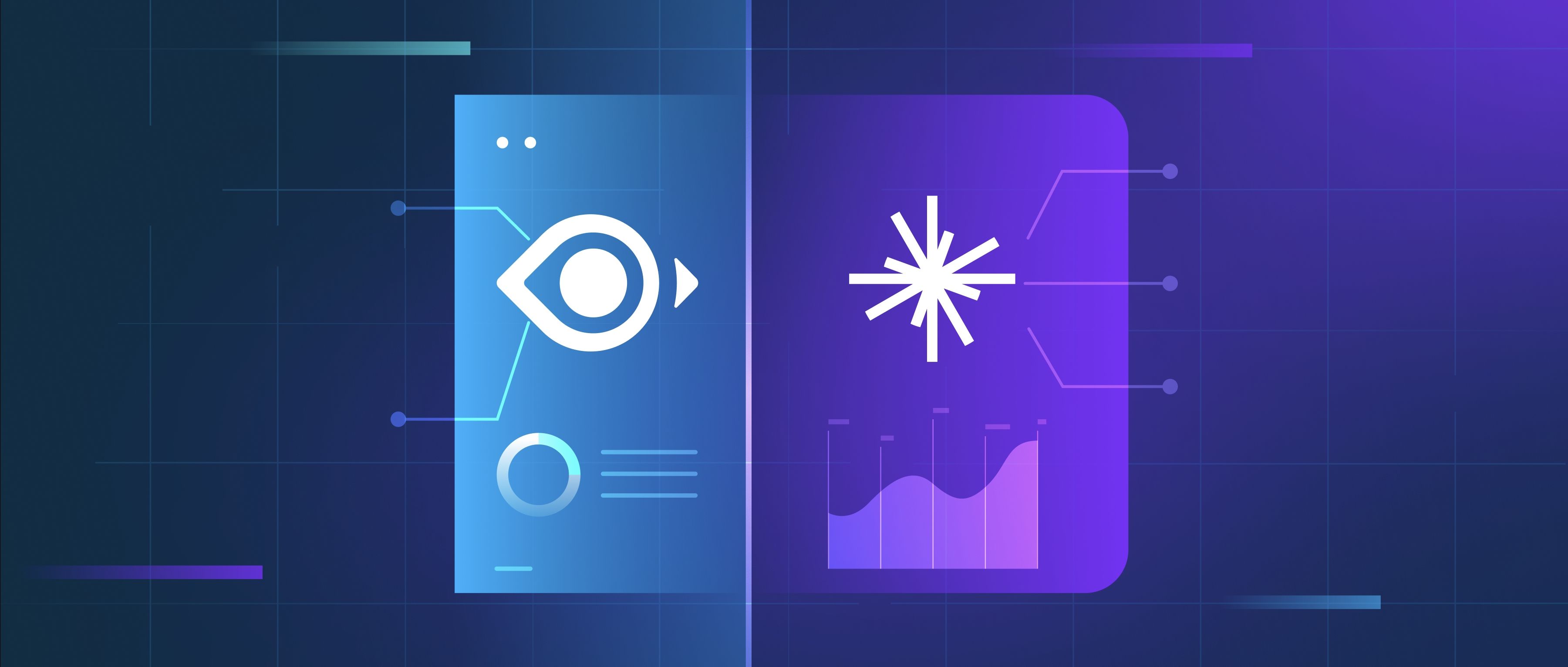Time series forecasting and regression are both techniques used for predicting future outcomes based on historical data, but they differ fundamentally in their approach and the type of data they handle. Time series forecasting is specifically concerned with data that is collected over time at regular intervals, focusing on patterns that can be identified across these time intervals. Typical examples include predicting stock prices, weather patterns, or sales data over time. In contrast, regression analysis is used to understand the relationship between a dependent variable and one or more independent variables, which may not necessarily involve time-based data. For instance, regression could help analyze how house prices are affected by factors like square footage, number of bedrooms, or location.
One of the main differences between the two methods lies in the treatment of temporal dependencies. In time series forecasting, traditional statistical models like ARIMA (Auto-Regressive Integrated Moving Average) or exponential smoothing take into account the autocorrelation of data points; that is, past values can influence future values. This means that time is an inherent factor in the model. Regression analysis, on the other hand, generally assumes that the observations are independent of each other unless specifically modeled otherwise. In regression, the focus is on finding a fitting line or curve based on variables, while time series forecasting utilizes past data points to make predictions.
Furthermore, the choice of features differs significantly between the two methods. In time series forecasts, the primary feature is time itself, often represented as a continuous variable, along with lagged versions of the target variable to capture trends and seasonality. This can involve creating new features based on time, such as day of the week or month. In regression, you gather all relevant features, which might be static or dynamic, to predict the target variable. For example, if you wanted to predict traffic to a website, you might use variables like marketing spend, seasonality, or user demographics in regression analysis, while time series forecasting would focus on website traffic data over time to identify any patterns or trends.
